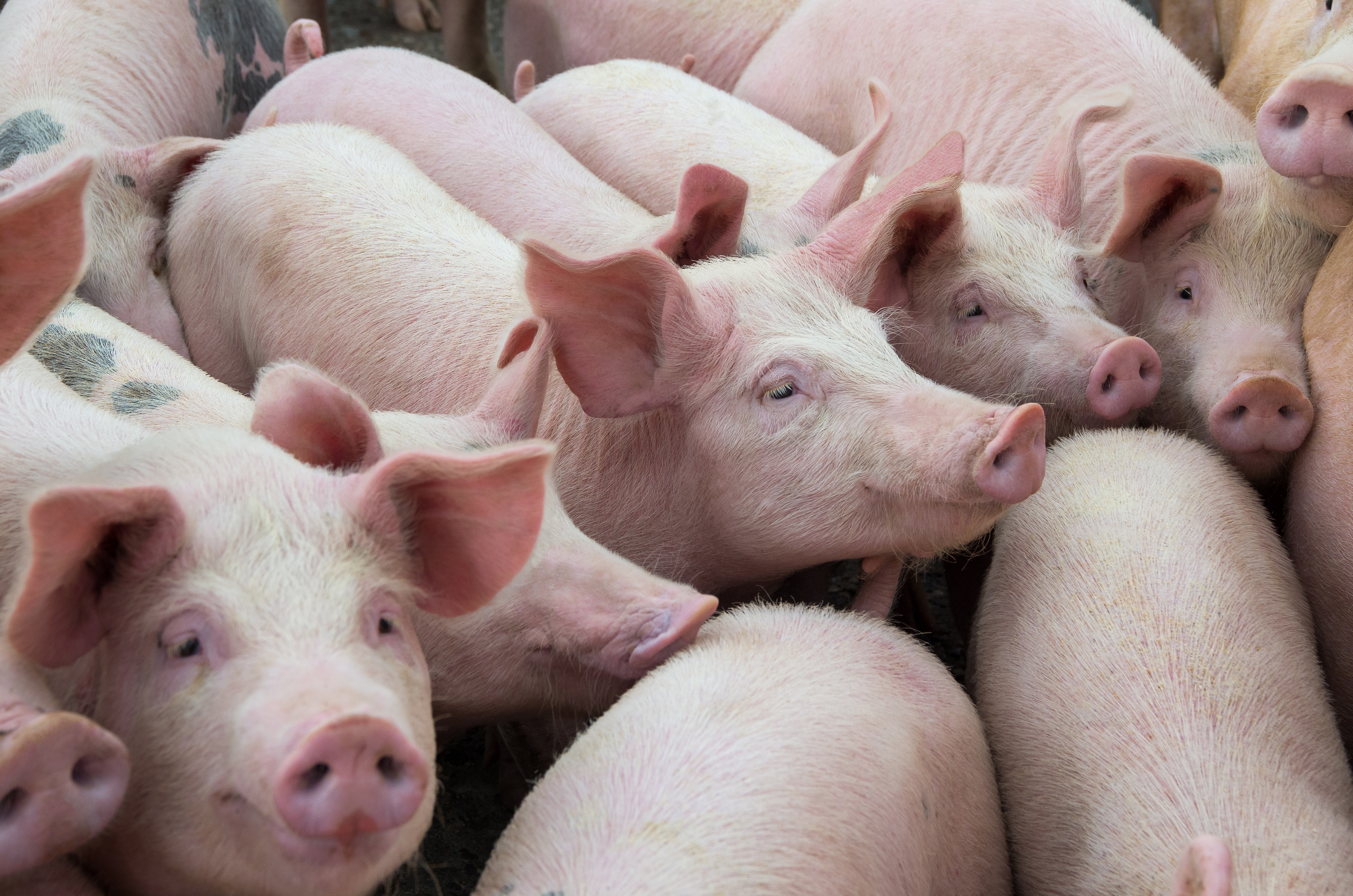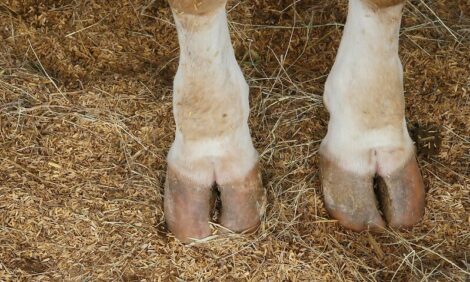



EU bans prophylactic use of antibiotics in farming
The European Parliament has today (25 October 2018) approved new legislation to come into force in 2022, banning the prophylactic use of antibiotics in farmingPreventative antibiotics can be routinely given to farm animals – particularly to pigs and poultry - to compensate for the substandard living conditions where disease outbreaks are common and harder to control, and to prevent infection, for example in the early weaning of pigs.
Estimates suggest that in Europe two thirds of our antibiotics are used on livestock animals. The overuse of antibiotics has become a growing concern as there is strong evidence to suggest that it has contributed to an increase in the development of antibiotic-resistant bacteria, which can spread to people, rendering antibiotics ineffective for both humans and animals.
According to the latest estimates, 73 percent of the world’s antibiotics are used in farming and the EU’s position on farm antibiotic use is now largely consistent with that of the World Health Organization, which last year produced guidelines on farm antibiotic use. The WHO called for an end to preventative group treatments and for severe restrictions on the use of certain antibiotics classified as high-priority critically important in human medicine.
.jpg)
This new legislation is a huge step away from preventative group treatments of healthy animals towards a more responsible use of antibiotics in livestock farming.
Preventative antibiotic treatments for individual animals will still be permitted in exceptional circumstances where the risk of disease is high. Group treatments will also be allowed if disease has been diagnosed in some of the animals and there is a high risk it will spread to others, and no alternative treatments are available.
The new EU legislation still needs to be formally approved by the Council of Ministers, but provisional approval by the Council was given earlier this year.
Compassion in World Farming has been working with the food industry to encourage the adoption of farming practices that prioritise animal health and welfare, reducing the need for antibiotics to be routinely used. Making improvements to production systems – such as the lowering of stocking density and using more robust breeds – are essential to significantly lower or remove the need for, antibiotics.
For example, recent data from the Netherlands (2016) showed that market concepts using slower growing broiler breeds used more than 3 times less antibiotics than those using fast growing breeds.
Compassion has developed an Antibiotic Stewardship Programme (ASP) to encourage companies to adopt a roadmap for responsible antibiotic use with the aim of eliminating or robustly regulating the use of antimicrobials.
Ines Ajuda, Research Manager, Food Business at Compassion adds: “By operating a higher welfare system - underpinned by good management and good welfare - any company with animals in its supply chain can reduce or totally remove its reliance on antibiotics.
The responsible use of antibiotics is a key element of corporate responsibility and an effective ASP is vital to protect animal health and welfare today and maintain the efficacy of our antibiotics into the future. We welcome the new EU legislation.”
This landmark legislation will only come into force in 2022, post-Brexit, and Michael Gove MP, the Secretary of State for Environment, Food and Rural Affairs, said that during the negotiations over the regulations, the UK “did voice concerns about the restriction of prophylaxis to individual animals”.
The Government says it intends to implement the provisions of the new legislation, but refuses to accept that the EU legislation bans preventative group treatments. The Government’s Veterinary Medicines Directorate claimed, incorrectly, that the legislation is ambiguous and does not restrict the administration preventative treatments to individual animals. Michael Gove said that the Government will “work constructively with stakeholders to agree how these restrictions can be implemented in practice”, which suggests that there is no guarantee the UK will in practice ban preventative group treatments.

Cóilín Nunan, Campaign Manager for the Alliance to Save our Antibiotics with whom Compassion has been working warns: “The Government must commit to banning preventative group treatments. The latest data shows that the UK farming industry is making good progress in reducing its antibiotic use, and the poultry industry has even voluntarily banned group prevention. If the government rejects the EU ban, the UK could end up with some of the weakest regulatory standards in Europe, which will raise questions about the kinds of trade deals we will be seeking with non-EU countries that often use much higher levels of antibiotics in farming. Importing low-quality meat produced with high levels of antibiotics will inevitably undermine UK progress.”
Compassion urges UK farmers to adopt an ASP that future proofs their operation regardless of what happens post Brexit but importantly maintains the efficacy of our antibiotics into the future too. To download Compassion’s advice on how to develop an effective Antibiotic Stewardship Programme, click here.
As reported by Compassion in World Farming








